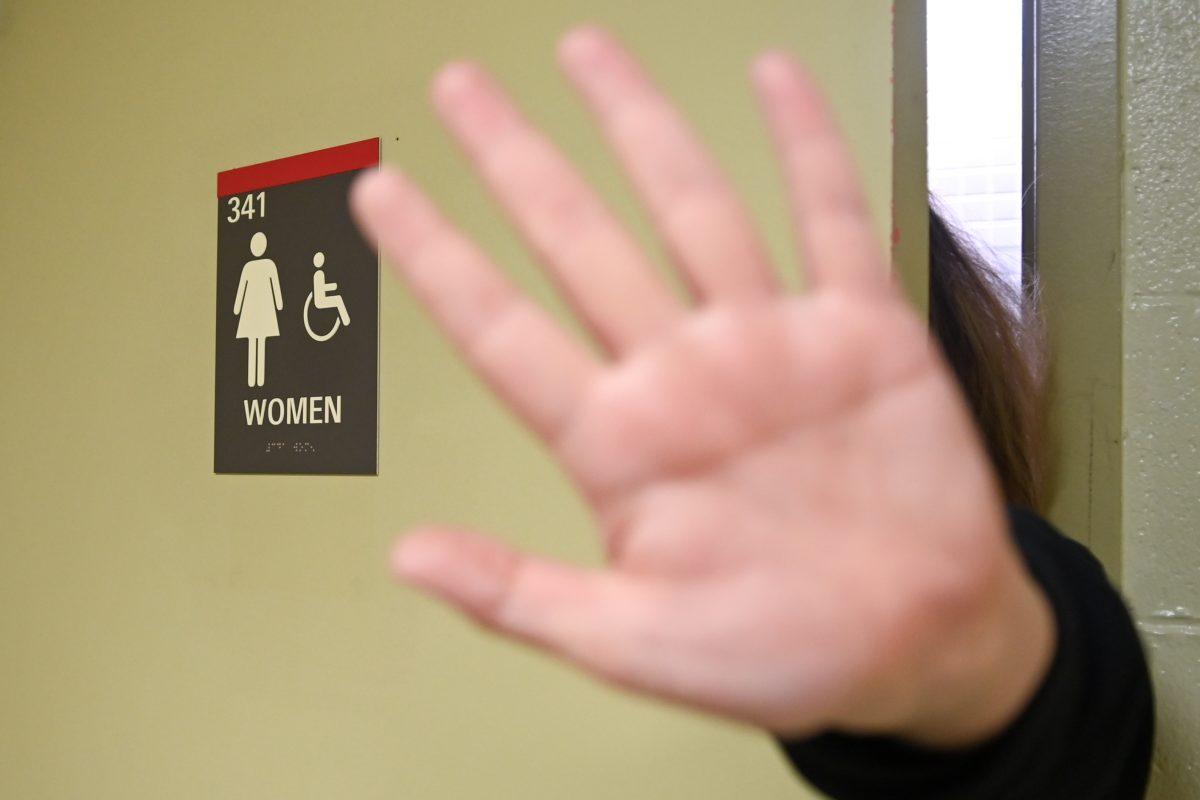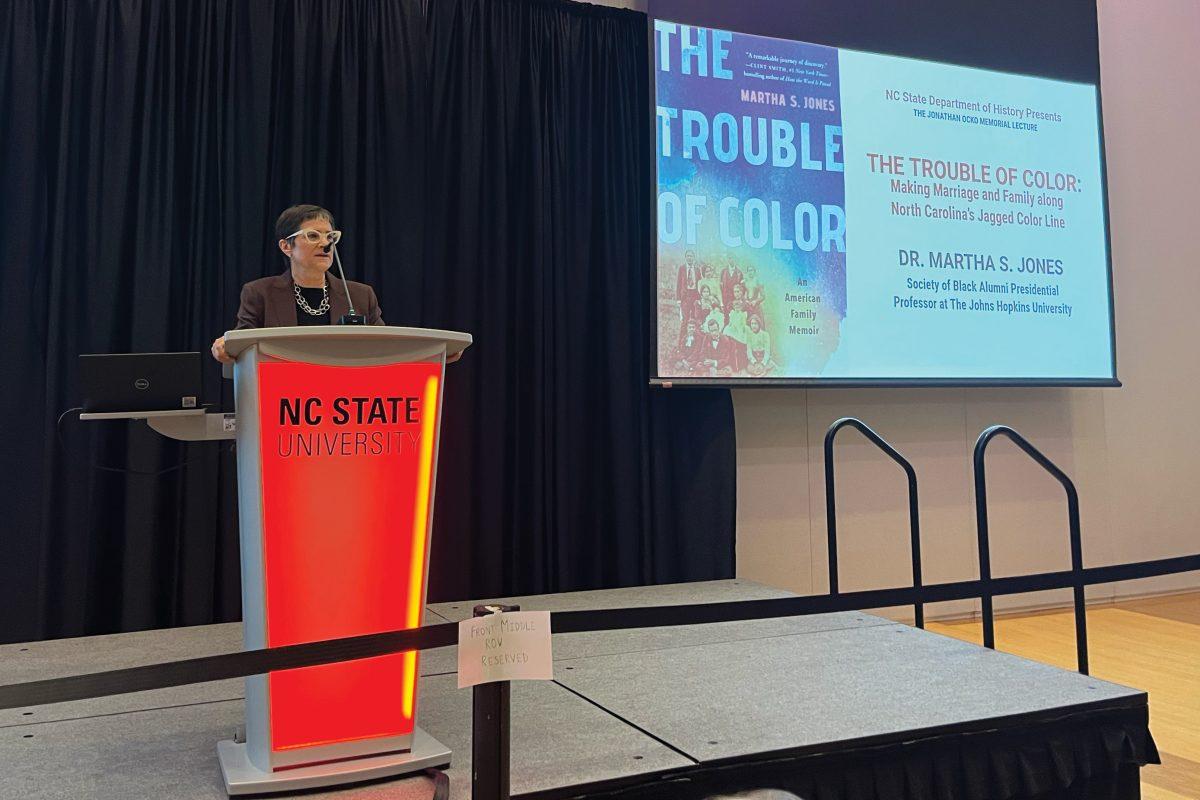Republican lawmakers in North Carolina’s Senate are pushing a new bill similar to House Bill 2, or “the bathroom bill,” that would limit transgender people’s rights across North Carolina.
The new legislation, titled the “Women’s Safety and Protection Act,” seeks to codify definitions of biological sex and impose restrictions on transgender individuals in state-funded public spaces across the state, including public university campuses like NC State.
Senate Bill 516 explicitly states biological sex would be related to an individual’s genitalia at birth and sex chromosomes without regard to an individual’s psychological, chosen or subjective experience of gender.
The bill draws similarities to the 2016 House Bill 2, but lawmakers claim they have different goals with the new bill. An email statement provided to Technician from the NC Values Coalition outlined the group’s goals.
“HB2 focused on anti-discrimination ordinances affecting employment and public accommodations (publicly or privately owned facilities used by the public),” the statement read. “SB516 focuses on defining terms -male, female, man, woman, etc. as intended by the legislature and protecting women in vulnerable spaces in specific publicly funded facilities.”
Michael Struett, the NC State political science department chair, said the bill could have another wave of uproar from not just citizens but also businesses and corporations bringing jobs to North Carolina.
“I think what’s upsetting about this particular bill, and I do think it’s likely that there would be a negative reaction from large businesses doing business in the state from entities like the NCAA, whether or not they want to host events in the state,” Struett said. “We saw those types of boycotts in reaction to House Bill 2.”
In addition to the potential loss in business, Struett said the bill was concerning in its nature to specifically label public bathrooms.
“Some of the provisions that are in it that are disturbing, or this notion that all bathrooms in public must be designated as male or female, it seemed to me that a pretty healthy compromise was genderless bathrooms,” Struett said.
Chelsea Krieg, the interim MFA director in the English department, worked with others to help convert the Caldwell Hall Mezzanine bathrooms to single-occupancy bathrooms.
Krieg described how she felt when talking with a colleague of hers about bathroom solutions for nonbinary people on campus, which made her think more about her own area in Caldwell Hall and the impact of unisex bathrooms for students.
“It really hit me then, just how difficult it was for any of our trans and nonbinary colleagues and students,” Krieg said. “I mean, at that point, they would have to go out of Tompkins Hall to go to a different building in order to go to the bathroom comfortably, and I just was really upset about that.”
Krieg’s goal was to convert the signs on the already existing bathrooms to unisex and install a lock on the door of the formerly men’s designated restroom, to make it a single occupancy bathroom.
“It was a lot more of an extensive process than I would have thought because there are these plumbing code laws that require a certain amount of bathrooms be labeled male and female based on how much the occupancy is in the building,” Kreig said. “It’s a little bit of a different process with each group because you have to go through facilities and all these things.”
Krieg said she reached out to the LGBTQ Pride Center for help, which put her in touch with NC State Facilities. When working with NC State faculty, she said the process was much easier than the task of maneuvering the plumbing code laws.
“I didn’t meet any resistance along the way from anyone,” Kreig said. “I think everyone that I spoke to at every different level were all for these changes. I think it’s just one of those things that there are these strange laws in North Carolina that are put into place, that sort of prevent these things from being able to easily happen.”
While HB2 put North Carolina under the world microscope, SB 516 may not be as recognized. Other states have adopted similar bathroom regulation laws affecting nonbinary people across the country.












